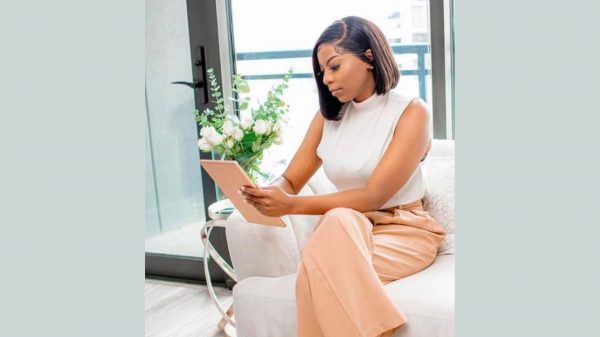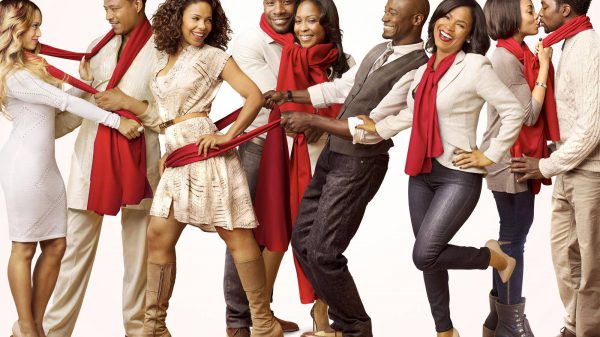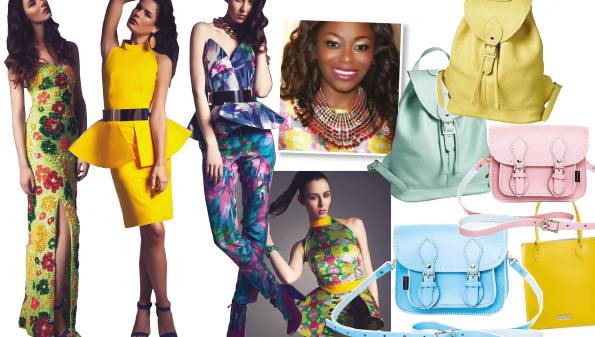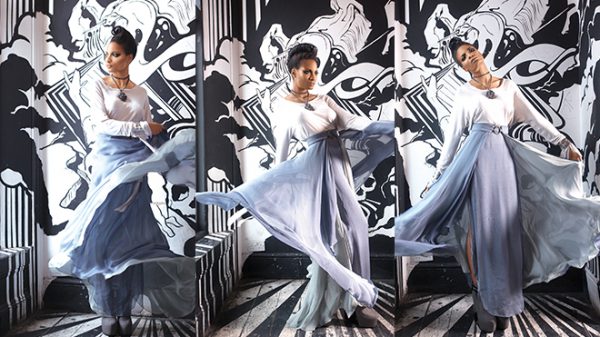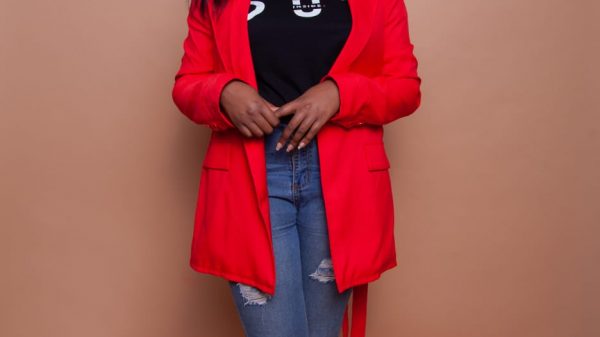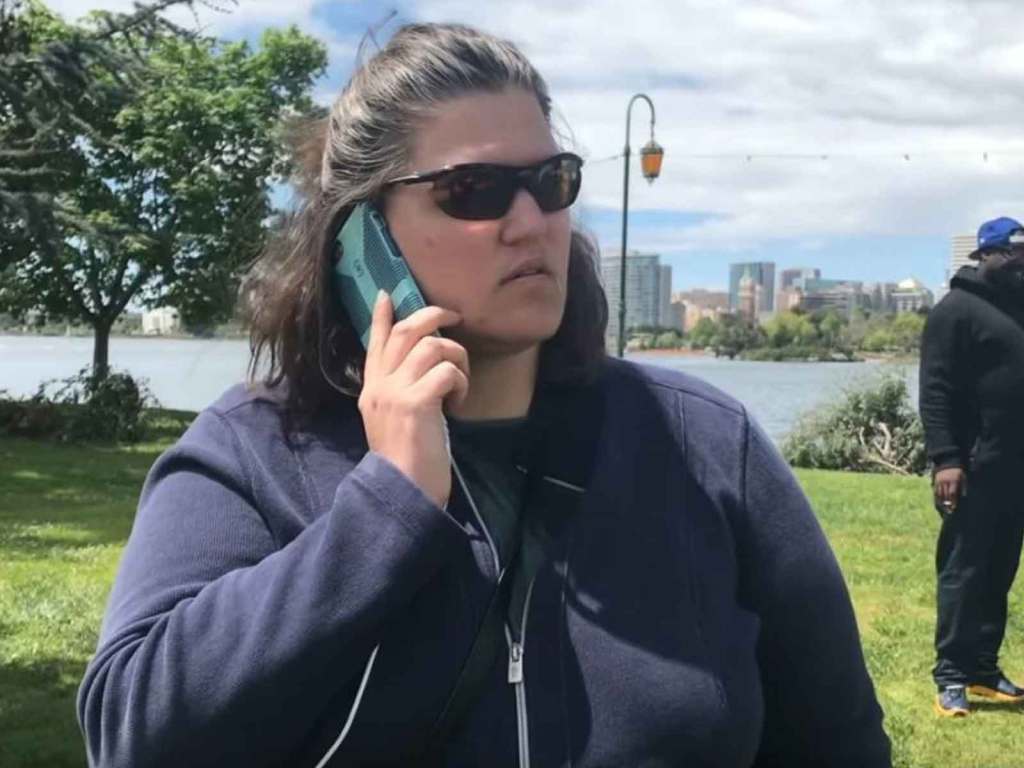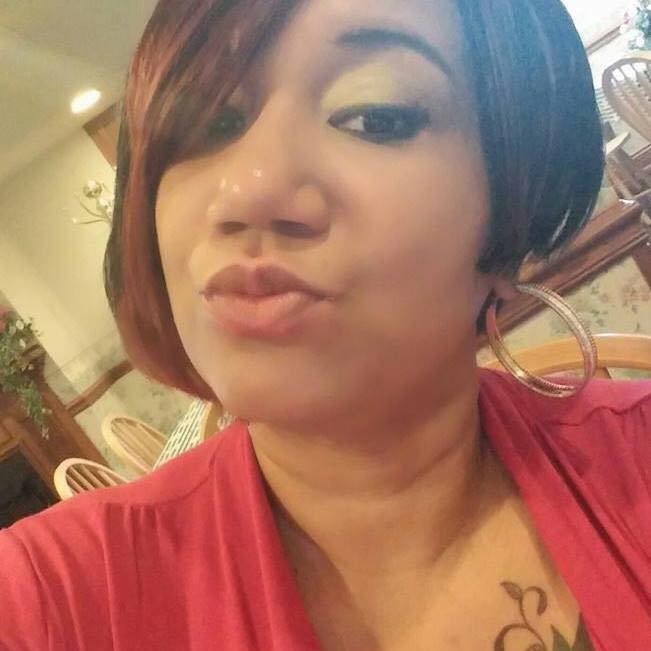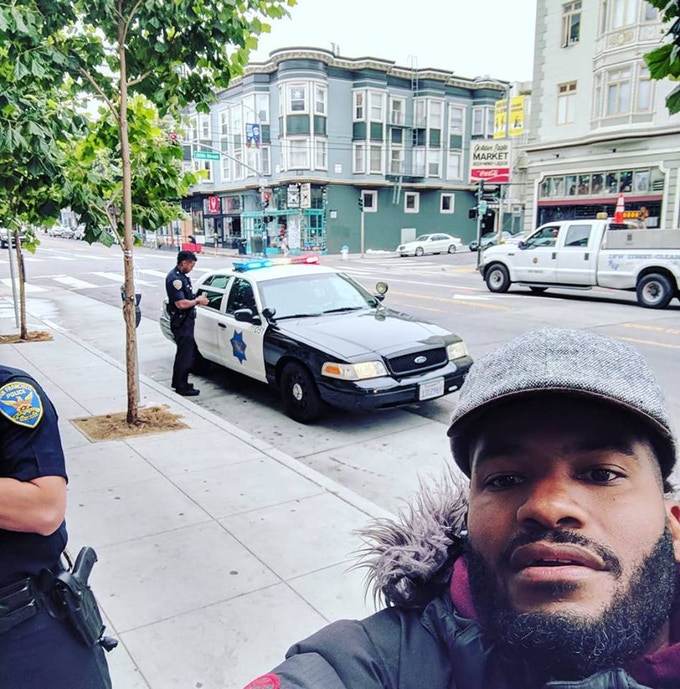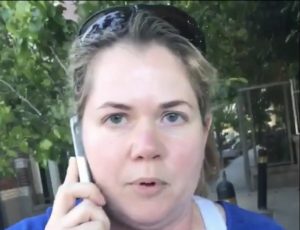The past few months have seen a number of bizarre cases of black people having the police called on them while going about their daily lives. Nicole Vassell looks behind some of these popular cases, and explores what this all means
Waiting for a friend in Starbucks. Swimming in your own pool. Having a barbecue in public. Leaving an AirBnB. Canvassing for votes. Falling asleep in the library. Golfing.
What do these random, everyday occurrences have in common? Upon first glance, there’s not much to link these events. But frequenters of the internet might notice a the trend in these activities – as in recent months, these are all actions that have caused white people in America to call the police on the black people doing them.
This phenomenon has become its own brand of news category, with barely a day passing before the emergence of a new headline about a person, usually white, finding the mundane actions of a black person abhorrent enough to call the police. In fact, if you Google ‘calling the police on a black person’, you’re sure to find pages of unique cases of someone new having to deal with the authorities at the behest of a white person.
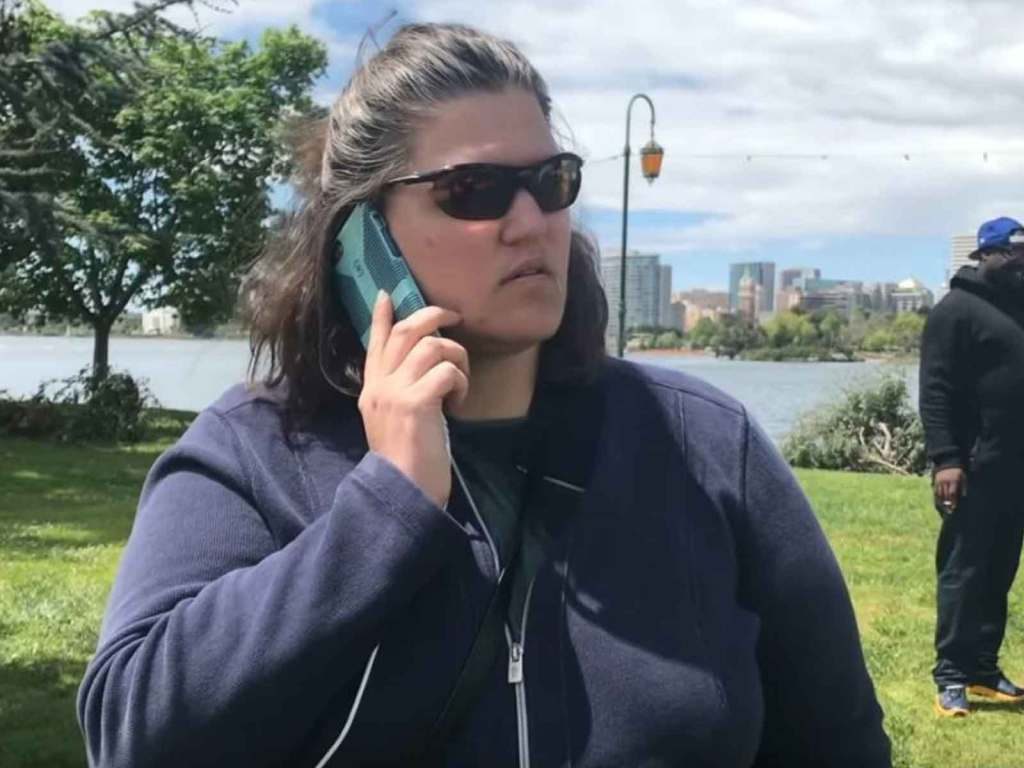
Jennifer Schulte, aka ‘BBQ Becky’, calling the police on a group of black people barbecuing in an Oakland park. (Image: YouTube)
Though it makes for dark humour when some turn these events into long-running and intelligently layered jokes, it signifies real social inequalities of American society in which black people aren’t afforded the same freedoms. In 2018, is simply being black in public honestly worthy of police intervention?
Smartphones and safety
A commonality in each of these cases is that they highlight a glaring double standard that means black people aren’t allowed to exist in the same ways that their white counterparts can.
Madonna Wilburn, a middle-school teacher of Buffalo, New York, had her own experience of this imbalance while shopping at convenience store Dollar General, after the store manager called the police on her because she used too many coupons.
Wilburn took video of some of the exchange, and in the footage the store manager is heard to say that he’s tired of her trying to ‘take advantage of the system’. Speaking to Pride, Wilburn stated her belief that racism, as well as sexism and class bias was behind the manager reacting in this extreme manner.
‘I believe that it wouldn’t have gone that far if I wasn’t an African-American woman,’ she explained in a phone call.
After asking her online community to share the video, Wilburn’s story began to spread, as people became enraged by her story. A point raised multiple times was the fact that couponing is a legitimate hobby across America – with there even being TV programmes dedicated to the practice of maximising savings with vouchers. With this in mind, Wilburn’s shopping practices were not only valid, but commonplace – yet, to the Dollar General manager, there was something criminal about the way she, in particular, was shopping.
Many of the incidents that go viral in this way have the encounter recorded on video – not only to share the moment with the world, but of a means of verification when things go wrong, and their testimony isn’t enough.
Wilburn admits that a desire to have evidence to protect her reputation, as well as her life, played a part in her decision to record the encounter.
‘I started taping to protect myself from [the manager’s] word against mine. So many times the police get called for something that’s not important, and when they show up, they always take the opposite side. I was not going to let that happen.
‘I have a job to protect – by him calling the police, that puts my job and my life at risk, based on the interactions that police have with African-Americans.’
With the past few years an increased focus on police brutality in the past five years, interactions that involve police are increasingly being filmed by civilians as a form of evidence, should things go wrong – a chilling example being in the case of Philando Castile, a 32-year-old man from Minnesota whose fatal shooting at the hands of police was broadcasted on Facebook Live in 2016.
According to data collected by the Washington Post, black Americans are 2.5 times as likely as white Americans to be shot and killed by police officers. With statistics like these, it’s all the more understandable that when the police come out of nowhere, black people in America don’t feel at ease. In Wilburn’s case, the officer who was dispatched to the scene was somewhat bemused at the reason for the call, and took no action.
‘I was thankful that it was a police officer that was maybe having a good day – they could have pulled up with a gun,’ says Wilburn. ‘I was kind of afraid, but I knew I had my video footage for my protection.’
Of course, the current American political climate can’t be ignored in relation to these events, and Wilburn agrees that the atmosphere generated by President Trump and his administration is a cause for these events entering social consciousness at such a high rate – as his own actions embolden racists to openly discriminate against black people.
‘With the leader of our country as racist and blatant as he constantly is, he’s given people who are not black or brown a green pass to say, “Hey, it’s okay – you can disrespect them,” or try to make us feel less than what we are,’ Wilburn explained.
‘It’s a scary world. I have four children, I have a grandchild. What’s in the future when you have the leader of this country giving the green light to these racist people?’
Automatic guilt
In July 2018, Vicktor Stevenson found that simply going to work while being black was also an action that could get a person some face time with the police.
Stevenson, owner of high-end San Francisco lemonade stand Gourmonade, was testing the security system of his store when he was approached by four armed police officers. After initially assuming that the security system had accidentally triggered their response, Stevenson was told that they’d actually been called to investigate a burglary.
He took a photo of the bizarre moment and posted it to Instagram with the caption: ‘Four cops just hopped out on me guns almost drawn took my ID at my own store. This racist thing is out of control but it won’t stop me! Living my dreams like they are golden because they are lol’.
Like others who’ve been in similar predicaments, Stevenson immediately understood the part that his race played in the police being called, but tried to put a positive spin on the situation when telling his story. However, after his story gained traction across the internet, Stevenson shared the true level of hurt that the incident had caused him in another video – stating that had the interaction turned violent, the story told to the world may have placed the blame on him.
‘It’s sad, because had I been shot at my place of business that day people would have tried to found a way to say “oh, but he did this, but he did that”,’ Stevenson told his followers.
‘I’m black, at my business, literally minding my business, and somebody called the cops on me…I don’t have anything incriminating in my history. I’m just trying to work, trying to survive, trying to provide for my family.’
Though the identity of the caller is unknown, it is safe to assume that bias played a role in their decision to call the cops; despite being the proprietor, Stevenson wasn’t given the benefit of the doubt, but assumed to be a criminal.
Whoever called the police at best assumed that they were preventing harm; at worst, weaponised the relationship between black people and a racially-biased police system to play a cruel trick on an entrepreneur. With implicit bias against the innocence of black people being a proven element of American society, it’s highly unlikely that Stevenson would have faced the same issues if he were white.
The joke of it all
Alison Ettel, otherwise known as Permit Patty, went viral in late June when she decided to call the cops on eight-year-old Jordan Austin, a black child who was selling water outside her building with the help of her mother Erin Austin.
Again, this was seen as another example of double standards at work; while children playing ‘shop’ is not out of the ordinary, there was something about this occasion that particularly upset Ettel enough to call for legal assistance.
After Austin’s mother recorded their confrontation, the video was shared to Twitter by her cousin Raje Lee, and was viewed on the platform nearly 7million times in two days. The image of Ettel calling the cops spawned countless memes – picture-based jokes with a variety of captions – and gave her the online moniker, ‘Permit Patty’. (At time of writing, the video has 9.8million views.)
Following the quick and distant spread of the video, Ettel issued an apology and resigned from her position as the CEO of a canine medicinal marijuana company.
In a story going viral, it helps others see the stories too – and should hopefully discourage other police callers from misusing their privilege, and wasting the time of the black victims, as well as the police. However, the witty hashtags and nicknames attached to these events (BBQ Becky, Coupon Carl) might make it seem like this is a less serious issue than it is – possibly distracting from the genuine inconvenience and stress that these occurrences have on innocent people.
‘I can laugh today about it, because it’s like someone else,’ explains Madonna Wilburn (of the couponing incident). ‘But when I have to repeat the story, or look at the video, it takes me back to that place, and it was traumatising, having someone talking to you like that, downgrading you.
‘It’s not a happy place to revisit. But if we do not talk about it, if we do not publicise it and let the rest of the world know what’s happening every day, and that it needs to stop… it needs recognition.’
Another day, another story
Though these examples are all based in the United States, prejudice against black people is a global issue – meaning there are countless incidences every day when black people are not allowed the same social privileges as white people.
If society is to be equal, it means that all members of society are on an even playing field, and have to abide by the same rules, regardless of the demographic you fall in. However, with all of these examples of black people getting over-patrolled not only by police, but by members of the public, it’s clear that there’s a long way to go before this happens.





